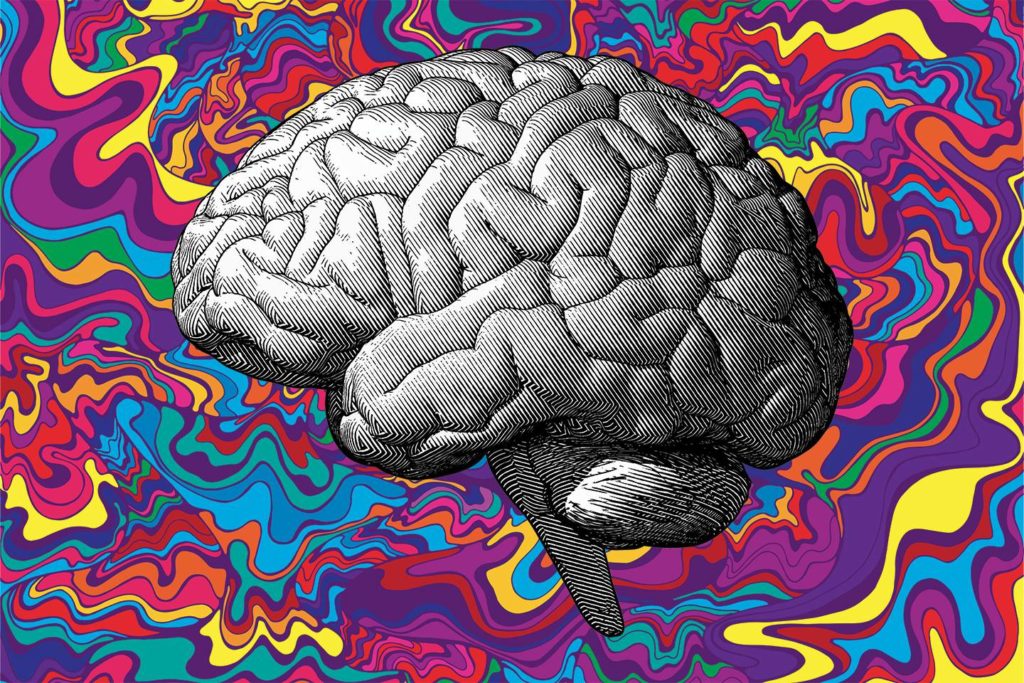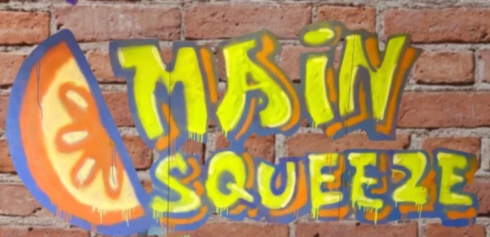Photo ©Johns Hopkins University
Amid recent legislative action taken to push for the legalization of psychedelics in Oregon, and growing discussion and support both in Oregon and the United States, the Rogue Valley sits in a hot spot for psychedelic use, production, and discussion.
According to Martin Ball, PhD, a professor of Religious Studies at SOU, who has experience with a wide variety of psychedelic drugs, there are many religious centers, churches, and producers of psychedelics in the Rogue Valley. The Rogue Valley, particularly Ashland, also plays host to a variety of users, including hippies, students, Sainto Daime followers, shamans, spirit guides, and therapists (self or otherwise), creating a broad spectrum of psychedelic use in the Rogue Valley. This shouldn’t come as a surprise, considering both the existing local culture, and the recent pushes for legalization of psilocybin, the psychedelic chemical contained in magic mushrooms, in Oregon.
Professor Ball heads the Exploring Psychedelics Conference, previously hosted at SOU. Ball advocates for full legalization of psychedelics, from LSD to DMT. “There is no valid reason to prohibit psychedelics,” said Ball, who argues that most fears about psychedelics are “based on drug war sensationalism.” In addition to its often racist enforcement, Ball said that “the law is in denial” about psychedelics, “We’re not talking about Breaking Bad here.” To Ball, there is no other side to psychedelics; prohibition does not work, psychedelics have been proven both scientifically and anecdotally to be nontoxic, and psychedelics hold massive potential for therapy.
In regards to therapy, there have been numerous credible studies proving the value of various psychedelics to treat mental disorders including depression, addiction, PTSD, and more. For Ball, psychedelics play a key role in his religious foundation, due to their ability to “directly engage with one’s spirituality.” Aside from treating diagnosable problems, users can still experience some form of “healing” to do with personal problems or fears, alleviating stress, worry, and increasing happiness, benefiting those who may not seek a specific “cure”.
For Allen Hallmark, a citizen activist and member of the local Democratic Party, who also has experience using psychedelics, the issue is somewhat less clear cut, though still in favor of psychedelics and legalization. “There need to be more studies,” said Hallmark, who still believes that psychedelics hold potential for therapeutic value.
In our community, Hallmark believes we “live in the real world.” People use illegally, despite what they use it for, and that means the drugs have to come from illegal sources. This can be a problem, said Hallmark, since you “don’t always know what you’re getting”, creating unnecessary risk for users where a sanctioned, prescription-like system would avoid this aspect. Hallmark argued that low-level dealers and producers should get community service and a drug prevention class, stating “it’s not a serious crine.”. As for other drug enforcement, Hallmark is certainly in favor of users, though understands there may be issues for law enforcement. “I’m an old guy. I’m not the police, I don’t know what they see.”
For Hallmark, its clear that psychedelics are mostly benign and hold some potential, though more information is needed. For Ball, it’s a human right to use psychedelics, both as a substance and spiritual tool. Both men represent the new age of and for psychedelics, focusing on research, de-stigmatizing public perception, and pushing for therapeutic and recreational implementation of psychedelics.
For others in the Rogue Valley, and Oregon, the issue is less clear. There is some confounding research and many anecdotal arguments against psychedelics, and tremendous social stigma across all demographics. But for Oregon voters, Rogue Valley citizens, local users and nonusers, the time is coming when they will have to decide where they stand on psychedelic use and legalization in their communities.



